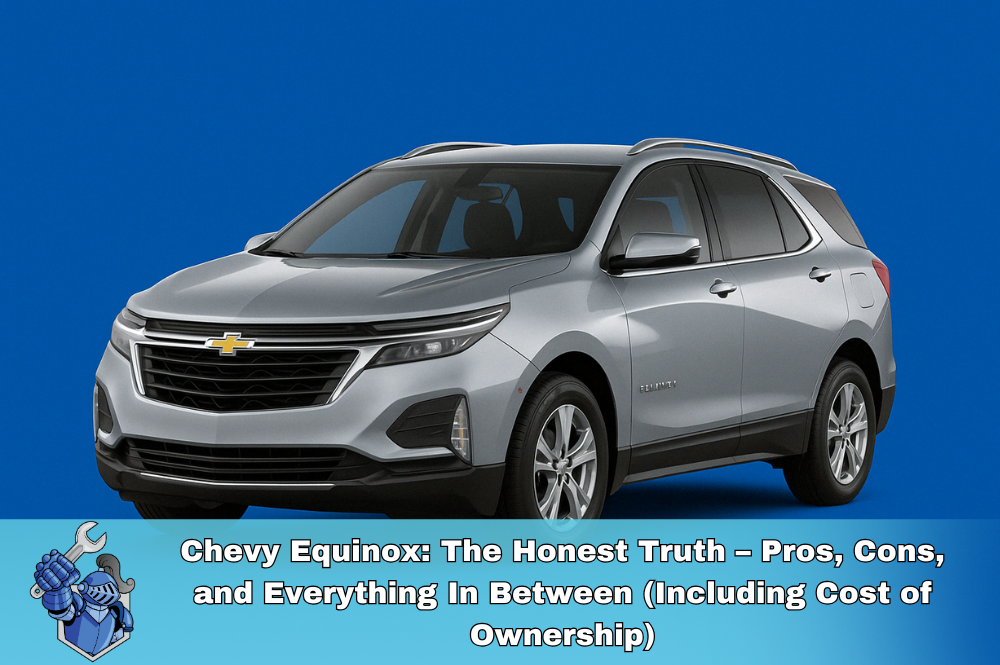When considering the purchase of a new or used vehicle, many factors come into play—initial cost, reliability, fuel efficiency, and of course, the ongoing cost of maintenance. Toyota has long been heralded as a brand known for its dependability and low cost of ownership. But how affordable is it to maintain a Toyota over the years? In this article, we’ll dive into the maintenance costs, schedules, and comparisons with similar brands like Honda and Nissan, offering you a comprehensive view to help make informed decisions. Plus, we'll explore how NobleQuote can help you mitigate these costs with extended warranty options.
The Cost of Maintaining a Toyota: An Overview
Toyota vehicles are widely recognized for their reliability, and this reputation is well-earned. According to various studies, including data from RepairPal, Toyota ranks highly in terms of low maintenance costs. On average, the annual maintenance cost of a Toyota is around $441. This figure is significantly lower than the industry average of $652 per year, making Toyota one of the most economical choices for car ownership.
Routine Maintenance Schedule for Toyota Vehicles
Toyota's maintenance schedule is designed to keep the vehicle in optimal condition, ensuring long-term reliability. Below is a general outline of Toyota’s recommended maintenance:
- Every 5,000 miles: Oil and filter change, tire rotation, brake inspection, fluid level checks.
- Every 15,000 miles: Replace the engine air filter, inspect brakes, check the cooling system, replace cabin air filter.
- Every 30,000 miles: Replace transmission fluid, inspect suspension, replace spark plugs.
- Every 60,000 miles: Replace timing belt/chain, flush brake fluid, inspect fuel system.
This schedule can vary slightly depending on the model and driving conditions, but adhering to these intervals is key to keeping a Toyota running smoothly.
Cost Breakdown of Common Toyota Maintenance Services
While Toyota vehicles are generally affordable to maintain, it's important to understand the costs of some common services:
- Oil Change: $40-$80 (Synthetic oil can be more expensive but offers longer intervals between changes).
- Brake Pad Replacement: $150-$300 per axle.
- Tire Rotation and Balance: $24-$100.
- Transmission Fluid Replacement: $80-$250.
- Timing Belt Replacement: $300-$600 (Some newer Toyota models come with timing chains, which require less frequent replacement).
These costs can add up over time, but they are still generally lower compared to many other brands.
Toyota vs. Competitors: How Does It Stack Up?
To understand Toyota's value, it's essential to compare it with similar brands, such as Honda and Nissan, both of which also boast a reputation for reliability and low ownership costs.
Toyota vs. Honda
Honda is another brand known for its reliability and cost-effective maintenance. The average annual maintenance cost for a Honda is around $428, slightly lower than Toyota. However, when it comes to parts availability and service accessibility, Toyota has a slight edge due to its larger global footprint. Moreover, Toyota's reputation for long-lasting vehicles—often reaching 200,000 miles or more—gives it an advantage for those looking for a long-term investment.
Toyota vs. Nissan
Nissan vehicles, like Toyota and Honda, are also relatively affordable to maintain. The average annual maintenance cost for a Nissan is approximately $500. While this is still below the industry average, it's slightly higher than Toyota. Additionally, some Nissan models are known to require more frequent repairs as they age, which can drive up long-term costs.
Why Toyota Owners Should Consider Extended Coverage
While Toyota vehicles are known for their reliability, no car is immune to unexpected repairs. This is where NobleQuote can help protect your investment. By opting for an extended warranty, you can safeguard against unforeseen expenses that can arise as your vehicle ages.
NobleQuote offers a range of coverage options tailored to Toyota owners:
- Diamond Plan: Comprehensive coverage similar to the factory warranty, excluding routine maintenance and wear and tear.
- Elite Plan: Extensive coverage for major components, including electronics, suspension, steering, and more.
- Premier Plan: Upgraded coverage that includes the motor, transmission, drive axle, and other critical systems.
- Powertrain Plan: Basic coverage focused on essential components like the motor and transmission.
These plans provide peace of mind, knowing that costly repairs won't derail your financial plans.
Conclusion
Owning a Toyota is a wise investment, given its low cost of maintenance and strong reputation for reliability. However, maintenance costs can still add up over time, especially as your vehicle ages. By following Toyota’s recommended maintenance schedule and considering an extended warranty through
NobleQuote, you can keep your vehicle in top condition while minimizing unexpected expenses.
For more information on how you can protect your Toyota with extended coverage, visit our Toyota brand page, check out our Toyota Extended Coverage Guide, or explore our Learning Center.
By understanding the true cost of maintaining a Toyota and exploring your coverage options, you can enjoy the peace of mind that comes with knowing you're fully protected on the road.
Toyota Maintenance Costs: Get the Facts
Are Toyotas really cheaper to maintain than other cars?
Toyotas generally have a reputation for lower maintenance costs compared to other brands, but it's important to consider factors like model, age, and driving conditions.
What are some common maintenance costs for Toyota vehicles?
Typical maintenance includes oil changes, tire rotations, brake pad replacements, and fluid flushes. These costs can vary depending on the specific model and service provider.
How often should I service my Toyota?
Refer to your owner's manual for the recommended service schedule. Generally, Toyota recommends oil changes every 5,000-10,000 miles and more extensive services at specific mileage intervals.
Are there any specific maintenance items that Toyotas are known for needing?
Some Toyota models may require timing belt replacements at certain mileage intervals. It's essential to be aware of any potential recalls or service bulletins for your specific model.
Should I only take my Toyota to a dealership for service?
While dealerships have expertise in Toyota vehicles, independent shops can also provide quality service at potentially lower costs. Ensure any mechanic is certified and uses genuine Toyota parts.
How can I save money on Toyota maintenance?
Consider DIY maintenance for simple tasks like oil changes, compare prices between dealerships and independent shops, and look for service specials or discounts.
What are some signs that my Toyota needs immediate attention, even if it's not due for service?
Warning lights, unusual noises, fluid leaks, or changes in performance all warrant a prompt visit to a mechanic.
Does regular maintenance really save money in the long run?
Yes, addressing minor issues early can prevent them from developing into major, expensive repairs. Regular maintenance also helps maintain your Toyota's resale value.
Where can I find reliable information about my specific Toyota model's maintenance needs?
Your owner's manual is the best resource for specific maintenance recommendations. Online forums and Toyota enthusiast communities can also provide helpful insights.
Are there any hidden costs associated with owning a Toyota?
While Toyotas are generally known for their reliability, unexpected repairs can still occur. It's wise to budget for potential repairs and consider factors like insurance costs and fuel efficiency when evaluating the overall cost of ownership.
Suggestions for you
Read MoreLet’s work together
Every week we showcase three charitable organizations that our donations are sent to. Our clients are able to choose which of these three will receive their gift when they add coverage to their vehicle...

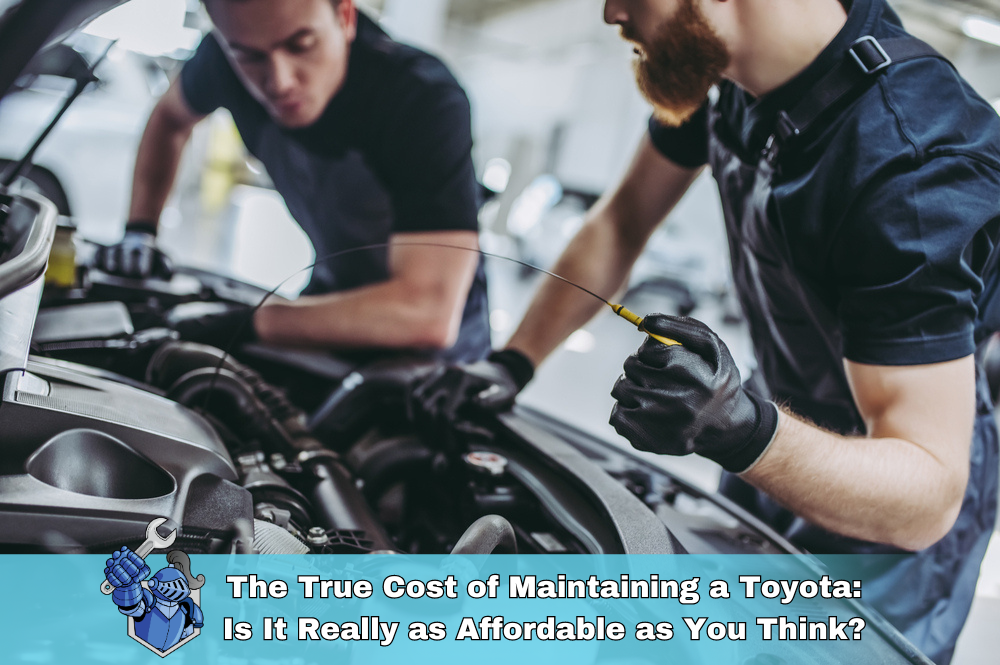
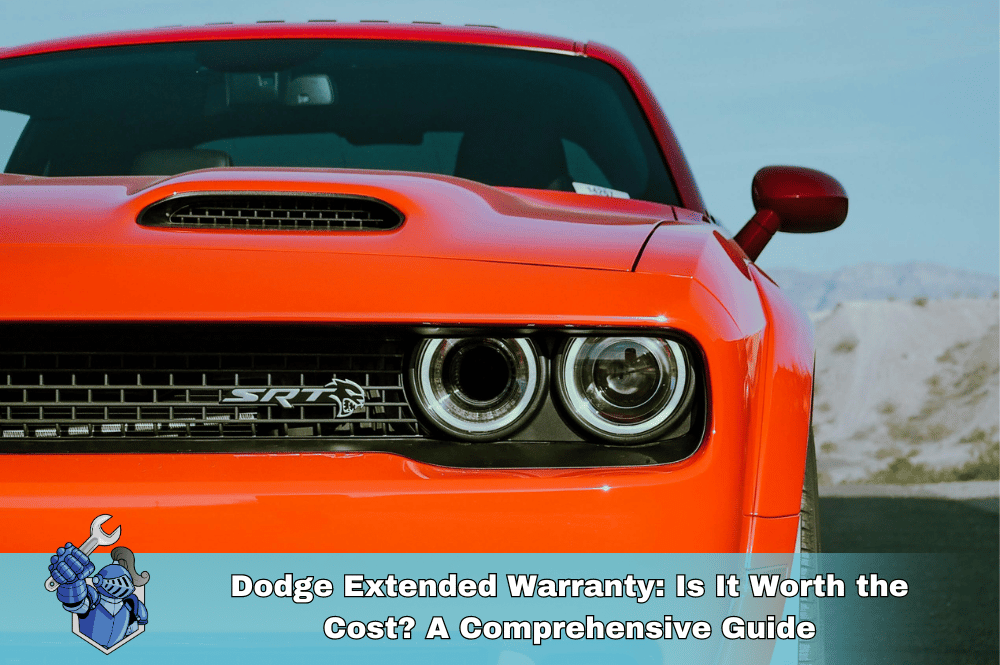 Dodge Extended Warranty: Is It Worth the Cost? A Comprehensive Guide
Dodge Extended Warranty: Is It Worth the Cost? A Comprehensive Guide Everything You Need to Know About Chevy Extended Warranties
Everything You Need to Know About Chevy Extended Warranties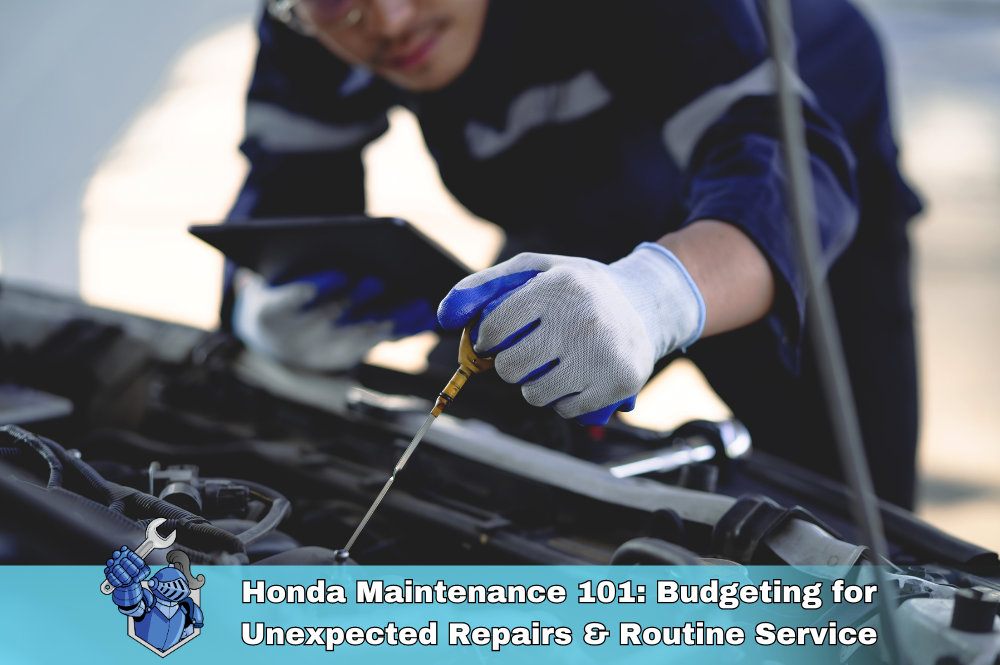 Honda Maintenance 101: Budgeting for Unexpected Repairs & Routine Service
Honda Maintenance 101: Budgeting for Unexpected Repairs & Routine Service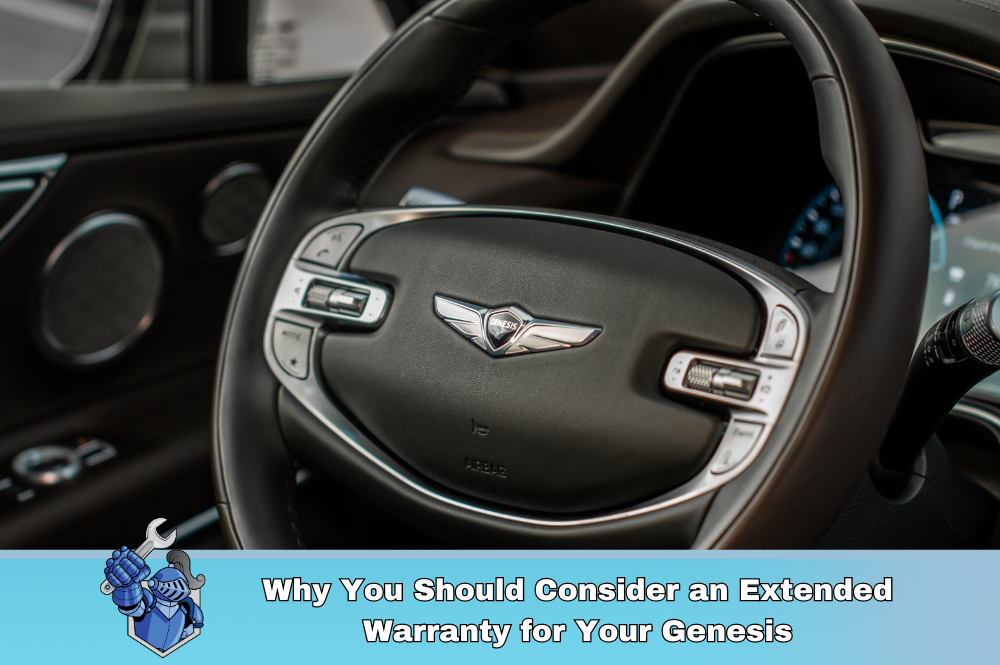 Why You Should Consider an Extended Warranty for Your Genesis
Why You Should Consider an Extended Warranty for Your Genesis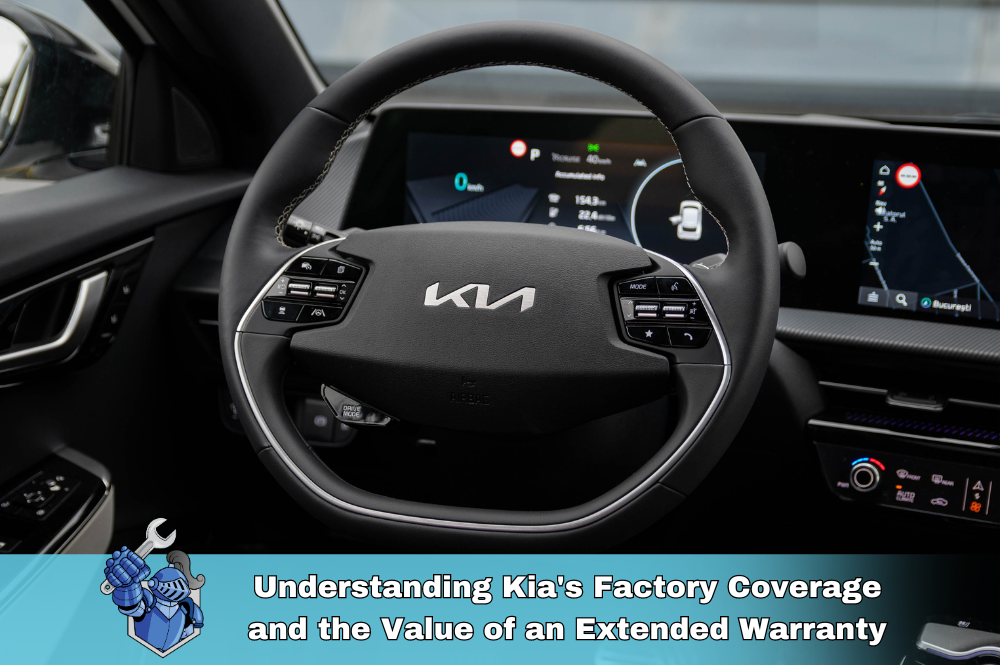 Understanding Kia's Factory Coverage and the Value of an Extended Warranty
Understanding Kia's Factory Coverage and the Value of an Extended Warranty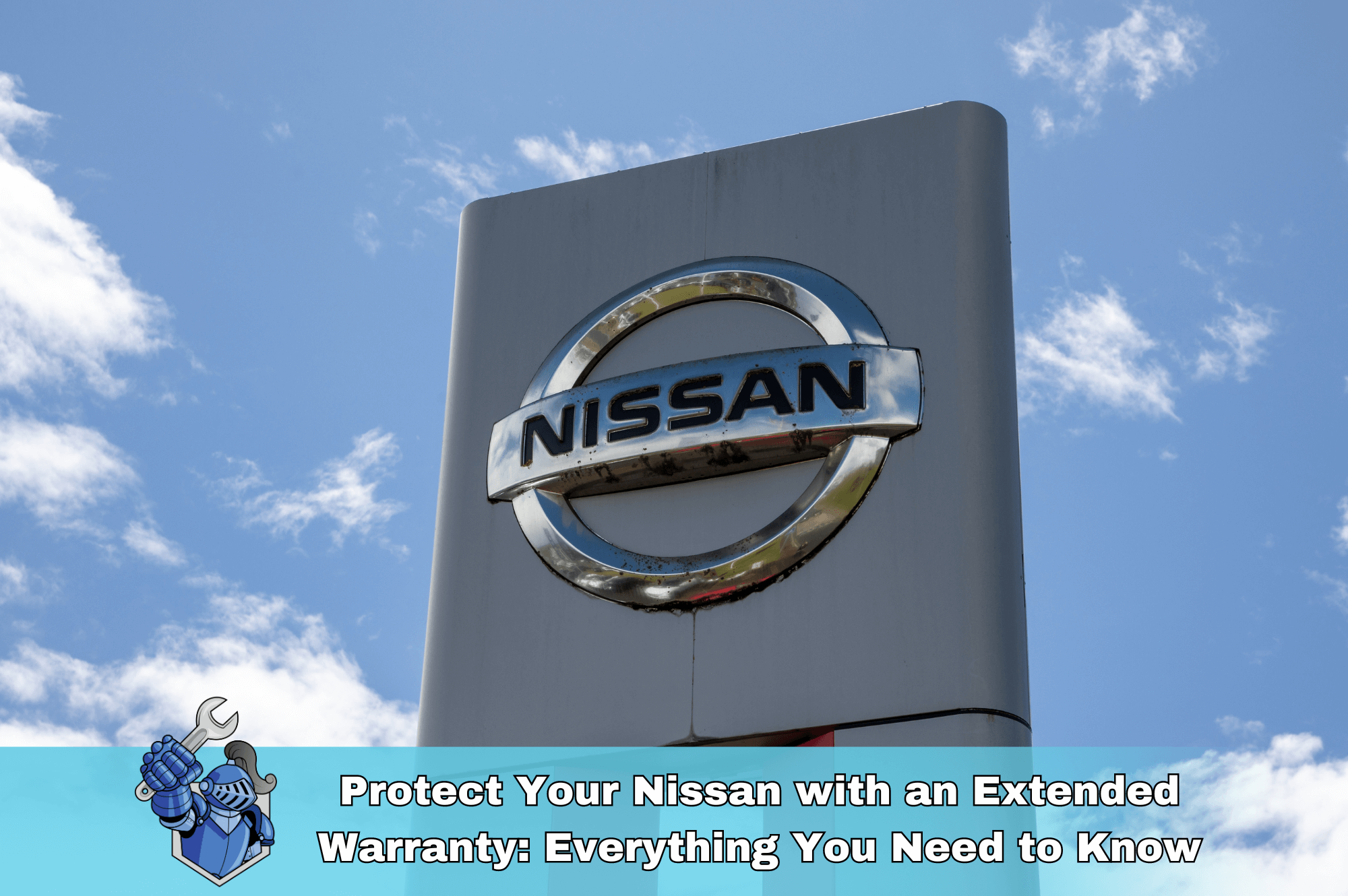 Protect Your Nissan with an Extended Warranty: Everything You Need to Know
Protect Your Nissan with an Extended Warranty: Everything You Need to Know Understanding Extended Warranties for Ford Vehicles A Comprehensive Guide
Understanding Extended Warranties for Ford Vehicles A Comprehensive Guide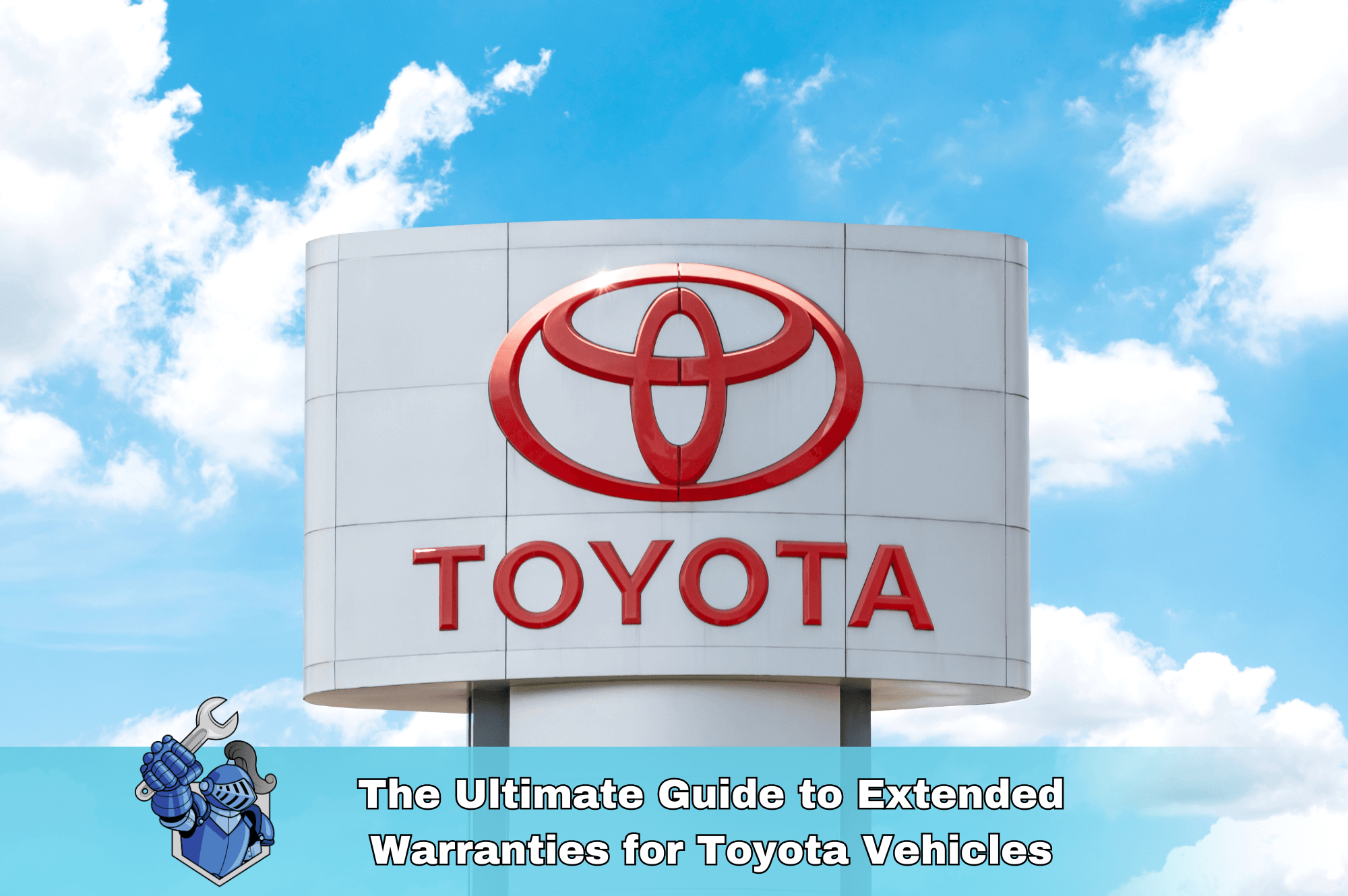 The Ultimate Guide to Extended Warranties for Toyota Vehicles
The Ultimate Guide to Extended Warranties for Toyota Vehicles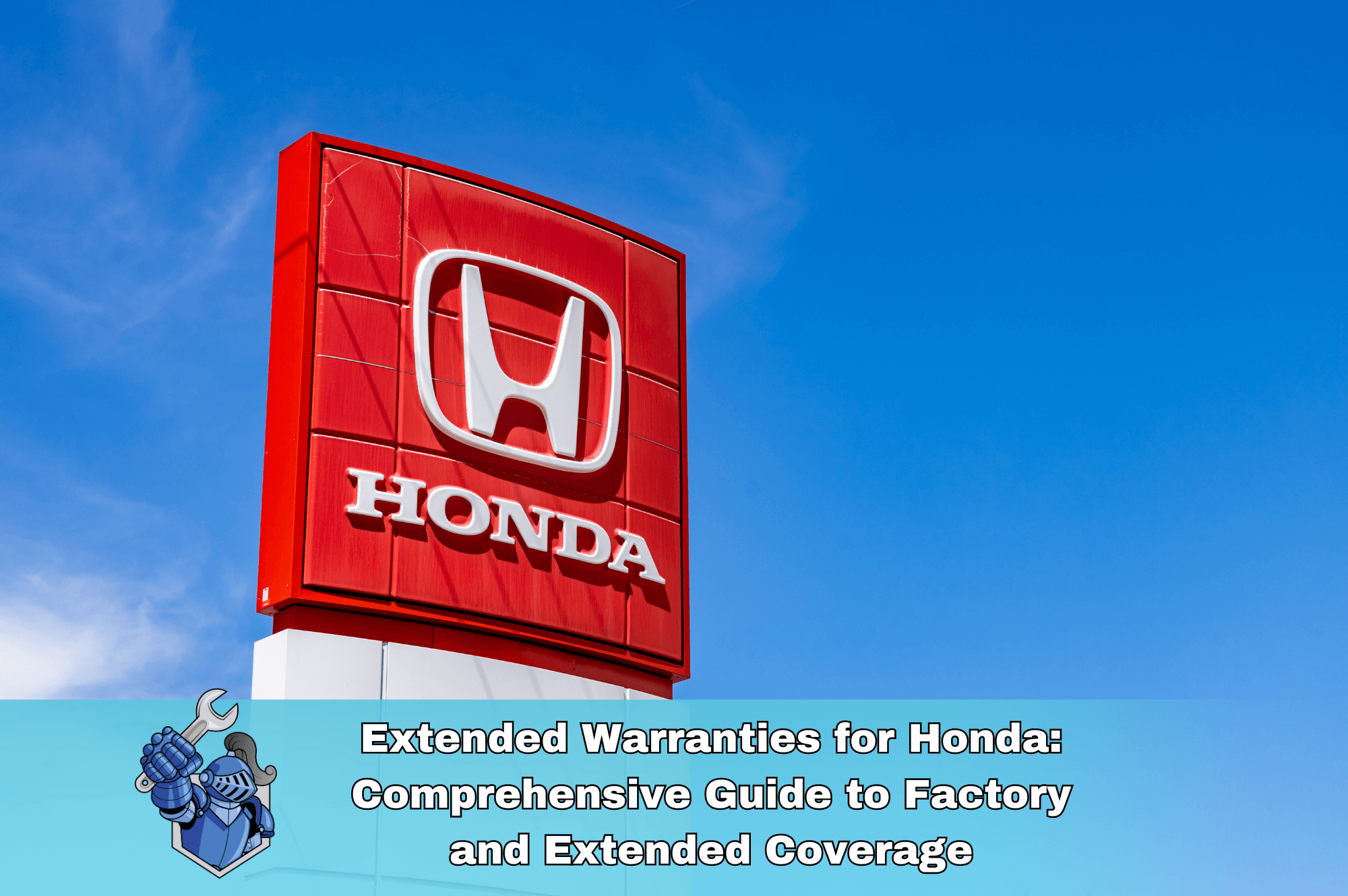 Extended Warranties for Honda: Comprehensive Guide to Factory and Extended Coverage
Extended Warranties for Honda: Comprehensive Guide to Factory and Extended Coverage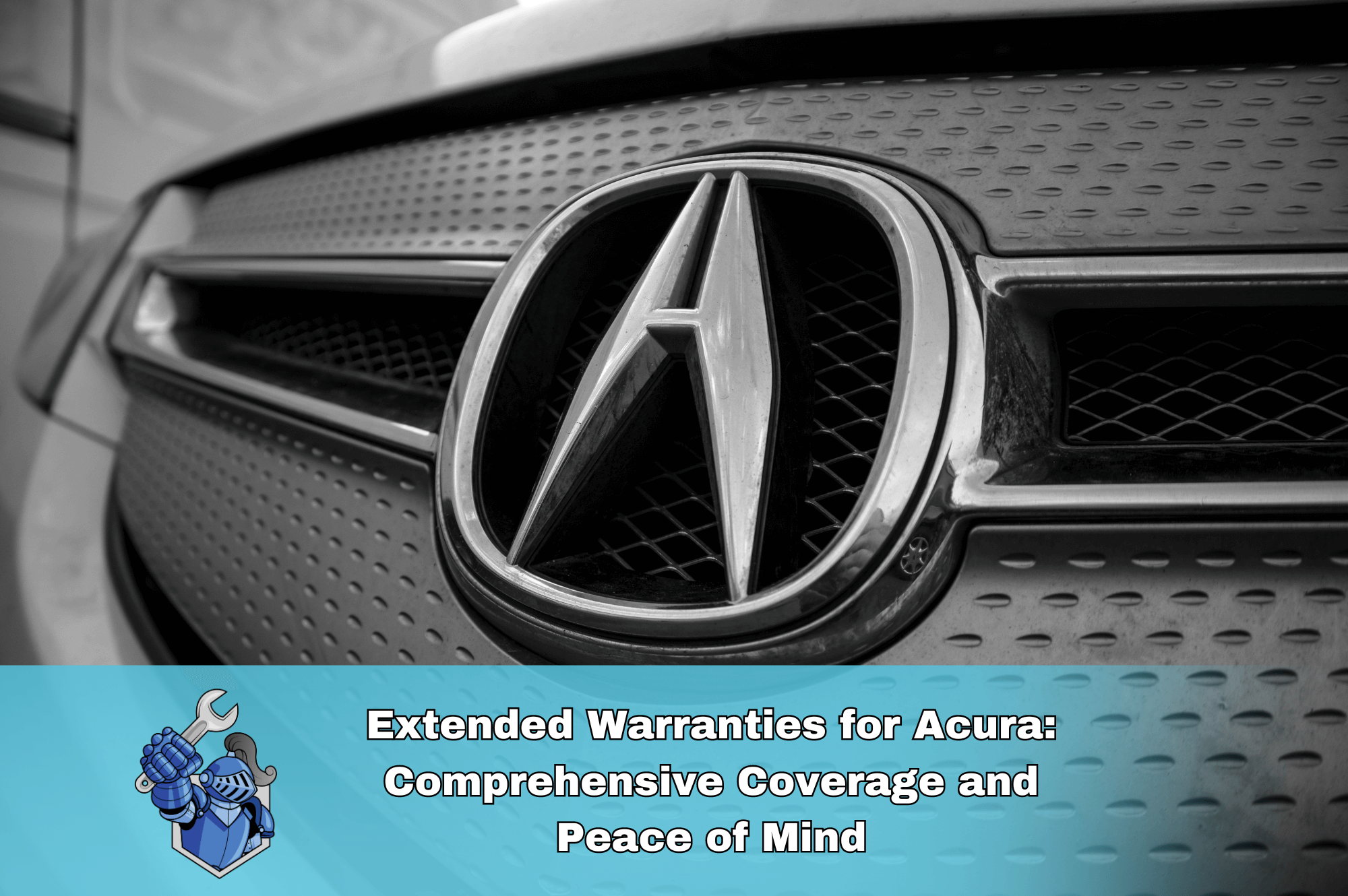 Extended Warranties for Acura: Comprehensive Coverage and Peace of Mind
Extended Warranties for Acura: Comprehensive Coverage and Peace of Mind The Best Extended Warranty for Audi Everything You Need to Know
The Best Extended Warranty for Audi Everything You Need to Know
